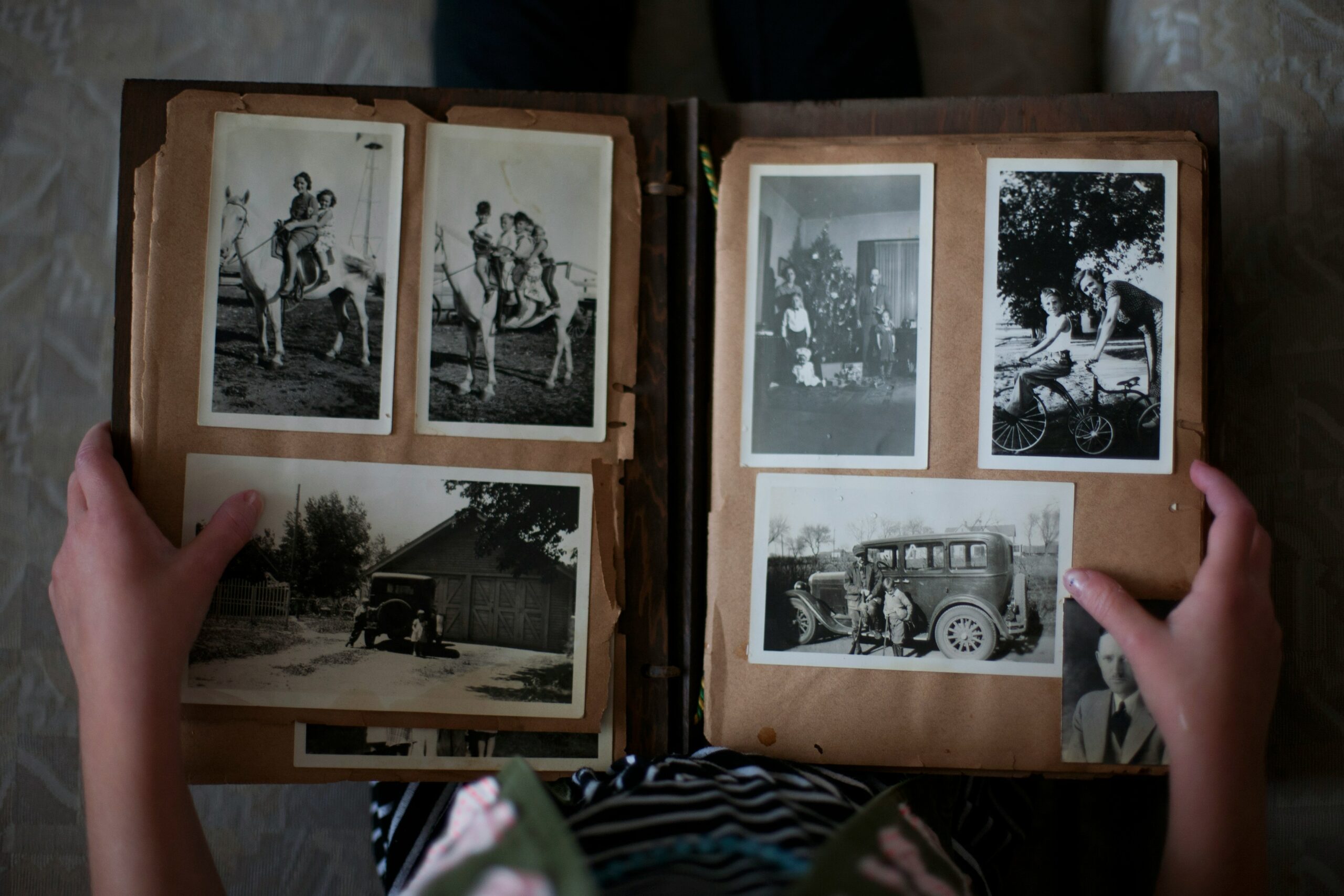Last Updated on February 15, 2022
 Personal statements are now de rigueur not only for college and graduate school admissions but also for grants, scholarships, fellowships, and some jobs. There are even stories of house sales lost in bidding wars for want of an appealing letter to the sellers. As a college essay expert, I have helped high school seniors find their voice and tell their stories for applications, as well as guided grad students on how to develop their narratives for medical and law schools. Many of these candidates—and their parents—have later confessed to me that they used my advice when crafting their own personal statements for jobs or other purposes.
Personal statements are now de rigueur not only for college and graduate school admissions but also for grants, scholarships, fellowships, and some jobs. There are even stories of house sales lost in bidding wars for want of an appealing letter to the sellers. As a college essay expert, I have helped high school seniors find their voice and tell their stories for applications, as well as guided grad students on how to develop their narratives for medical and law schools. Many of these candidates—and their parents—have later confessed to me that they used my advice when crafting their own personal statements for jobs or other purposes.
There was a time when an application essay or personal statement required only that you state your case and catch all the typos. Those days are over. Whether you are vying for funding, a job, or a place at a university, the competition is stiff. The personal statement now demands writing that is more thoughtful, specific, compelling, and, well, more personal than ever before.
Here are some guidelines culled from years of working with students on their personal statements. While the examples are from college applications, the general principles hold true for any type of personal statement.
It's Your Story to Tell
Absolute rule #1: Tell them something they do not already know about you. This is where you can reveal yourself in a way your resume or CV has not, so take this opportunity to let your own flag fly. Explore a defining moment, theme, or influence in your life—something that drives you, makes you tick, or inspires you. It can be a simple event that may reflect a larger story. Committees are looking for narratives that are personal and analytical. They're interested in reflections and assessments you may rarely share with others. If you follow this faithfully, your statement should end up being one that no one else could ever have written. Be assured, the folks you're writing for have read countless dutiful statements telling them what candidates think they want to hear, and believe me when I say they … are … over it.
When I worked with Lucy she had written a thoughtful, authentic, unique essay about how it felt to be a student at an elite private high school where her father was a teacher. But her mom felt it wasn't focused enough on how Lucy loved languages (evident in her resume) or how her choices and achievements reflected that (again, evident elsewhere), especially since Lucy's first-choice college was known for its language programs. So bowing to pressure, Lucy produced and ultimately submitted a second, well-written—but fairly predictable—essay that lacked the freshness and strong voice that had resonated in the first. (She was not accepted to her first choice.)
Most application essays come with a prompt to get things going, but there is often a wide range of potential topics the prompt will cover. That said, be sure to address the question being asked; no boilerplates. The more advanced the education you're seeking, the more focused on your areas of study your statement will need to be.
Ditch the Cliché and Consider a Whole New Tack
Sad to say, sometimes the story you want to tell is one that Admissions people have heard infinite variations of—the scoring point in the game, the childhood pet that died, the Third World trip to build huts for the locals. If you are absolutely wedded to these themes as the focus of your essay, try to find a different, more personal hook to avoid risking being merely skimmed rather than read. When I counseled a high-achieving senior to reshape a perfectly acceptable but wholly unremarkable account of his community service in Vietnam, Sam dug his heels in; he'd kept notes and a journal all that summer expressly for his essay. Fair enough, I said, but could he take one element and expand on it—approach it from another angle, against the cliché? No, he insisted; his journal was authentic and would form the backbone of the piece. And indeed it was authentic, but it also came at a time when applications committees had been begging for respite from this time-worn theme. Sam got into a great school—but not his first choice.
So if that trip—or that game, or that dead, beloved pet—really did change your life enough to write about it, then dig a little deeper, focus a bit more precisely, go backstage, as it were, to be ever more specific about what stirred you, unsettled you, altered the way you see the world.
Be Specific
You may have a remarkable story that hews perfectly to the prompt or the topic you want to develop, but your tale will pale without the details to bring it to life and create images that will resonate. Specifics will emerge as you document and demonstrate your thesis.
Still struggling to make that happen? Talk your statement through with someone you trust who will ask for details as you tell your story from the heart.
This technique worked especially well with Aurora, a student from an underserved high school who had already written a draft I volunteered to help proofread. Before reading the statement, I asked her to simply tell me the story she'd written about. As she started a hair-raising tale of building a life after her mother abandoned the family, I interrupted her with questions (“Wait—when you say you ‘made dinner,' what did that really mean, being 14 and doing it for the first time?” or “What exactly did you do with your best friend when you were ‘hanging out' that made you feel ‘normal'?”). The subsequent images of an awkward offering of ramen and cheese quesadillas or streaking her hair magenta drew a far more compelling picture. After an hour or so, we read her first draft, which for such a unique story was surprisingly generic. I then showed her the notes I had made of her detail-specific responses to my questions. When she integrated them into her piece, it became a far more dramatic, memorable statement. The jury's still out, but I would be surprised if she did not get a full ride to her school of choice.
Voice and Tone
Here's where it can get a bit tricky. You want to be honest and reflective, demonstrating a degree of self-examination, but personal does not mean confessional. Avoid the overwrought. Observe a balance of candor and dignity.
You also want to show yourself as strong and resilient, someone who can overcome obstacles and stick to a plan, while avoiding exaggeration or self-aggrandizement. Think quiet confidence. The trick is to sell by showing, not telling. Remember, the people reading your statement have pretty much heard it all.
Nuts and Bolts
The opening paragraph is the most important: Begin strong, with a lead, a hook, an enticing tidbit—it can be a question, an anecdote, a quote (best if it's dialogue rather than academic), a vivid scene or image. Then develop your idea, thesis, narrative, and tie it up at the end, linking it with the overall theme.
Length: Some application forms have word limitations—even character limitations—that will cut you off in the online application if you go over. Be sure to heed the designated word or character count so that this does not happen!
Font: If you are able to exercise an option, choose a clear and simple font, even if you are entering a creative field. Safe bets are Times New Roman, Calibri, or Baskerville. This is no place to get fancy.
Write in the first person, and use the active voice (instead of “My love for music was encouraged by my grandma,” write “My grandma encouraged my love of music”).
Avoid high-falutin words; keep it simple. Better to use a 25-cent word well than a 50-cent word that calls attention to itself. The reader's attention should be focused on YOUR STORY. Make every word count.
Be meticulous. Whatever field you enter will require some form of written communication, and in this essay you're submitting any carelessness will be magnified, be it in spelling, grammar, or word choice. Make certain your statement can withstand the scrutiny it will fall under. Do not rely on your computer's spell-check feature. Ask someone you have confidence in to proofread your final version. And then ask that person what three words would best describe you from having read your statement. This will indicate if you have successfully presented your best self, the one you wish to put forward.
Sometimes It's OK to Take Chances
As with so many other things in life, if you know the rules you can sometimes break them. A little.
A particularly talented student I worked with wrote a thoughtful essay I can only describe as hectic, slightly stream of conscious, even bordering on incoherent, but it definitely had something to say. Yet Jack was applying to a small, edgy liberal arts college, and along with his stellar academic record and high test scores, this essay underscored his strength (and independence) in the creative arena. He wrote with authority and courage, even recklessness. After I told him that he was taking a chance but that his statement also demonstrated a boldness and mastery, he submitted it … and got in. And he later heard that his essay was held as an example by Admissions as one that definitely did not have a parent's or counselor's fingerprints on it. It's tricky to break the rules, but if you know your audience and apply a firm and confident hand (and if you have run it by a teacher or advisor), it can work to your advantage.
So be creative—but not with the truth! Falsifying information will eliminate you from the race. Stay true to yourself, and you will have the best possible chance of being heard and seen for who you are.
WANT TO REPRINT THIS ARTICLE ON YOUR SITE OR ELSEWHERE? Go ahead, but only if you also include this: Copyright (C) 2013 Kate Zentall. All rights reserved. Contact: KZ******@gm***.com
- Why You Need an Interior Designer for Your Self-Published Book - June 7, 2022
- 6 Reasons Why You Should Write Your Book in Microsoft Word - December 8, 2020
- Tricks of the Editing Trade: Word, Track Changes, and the Master Document - May 16, 2019



